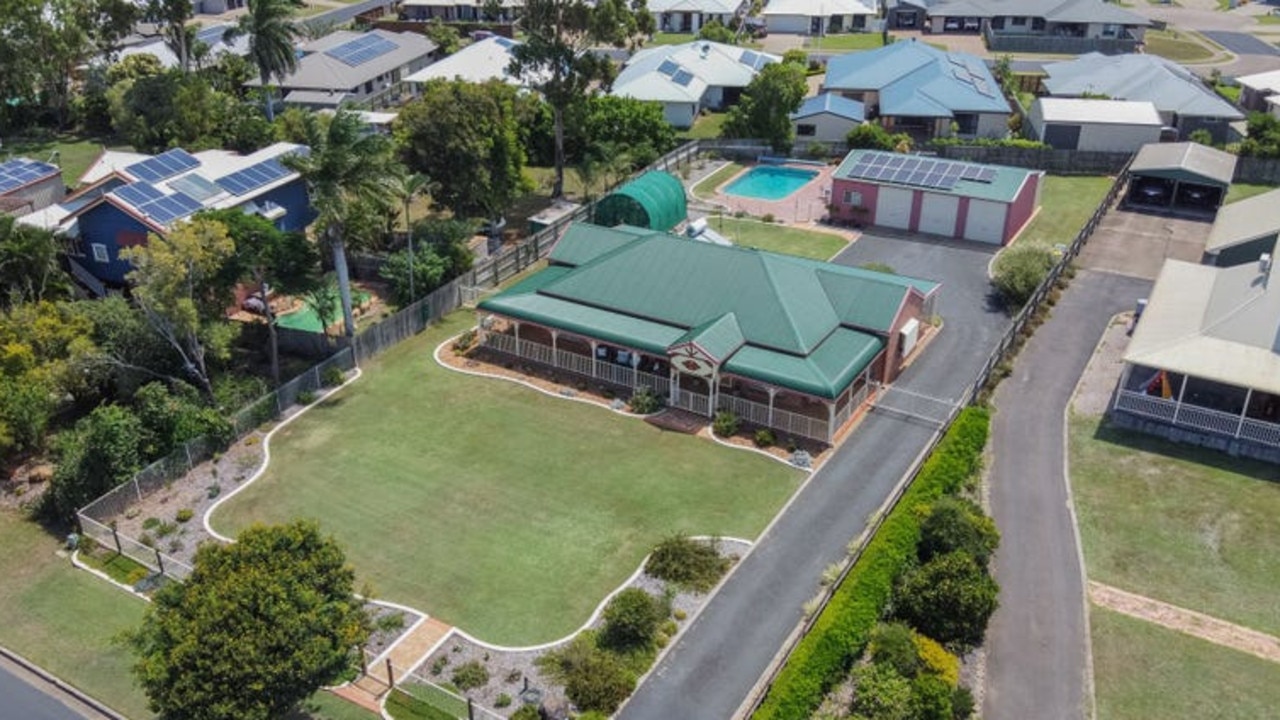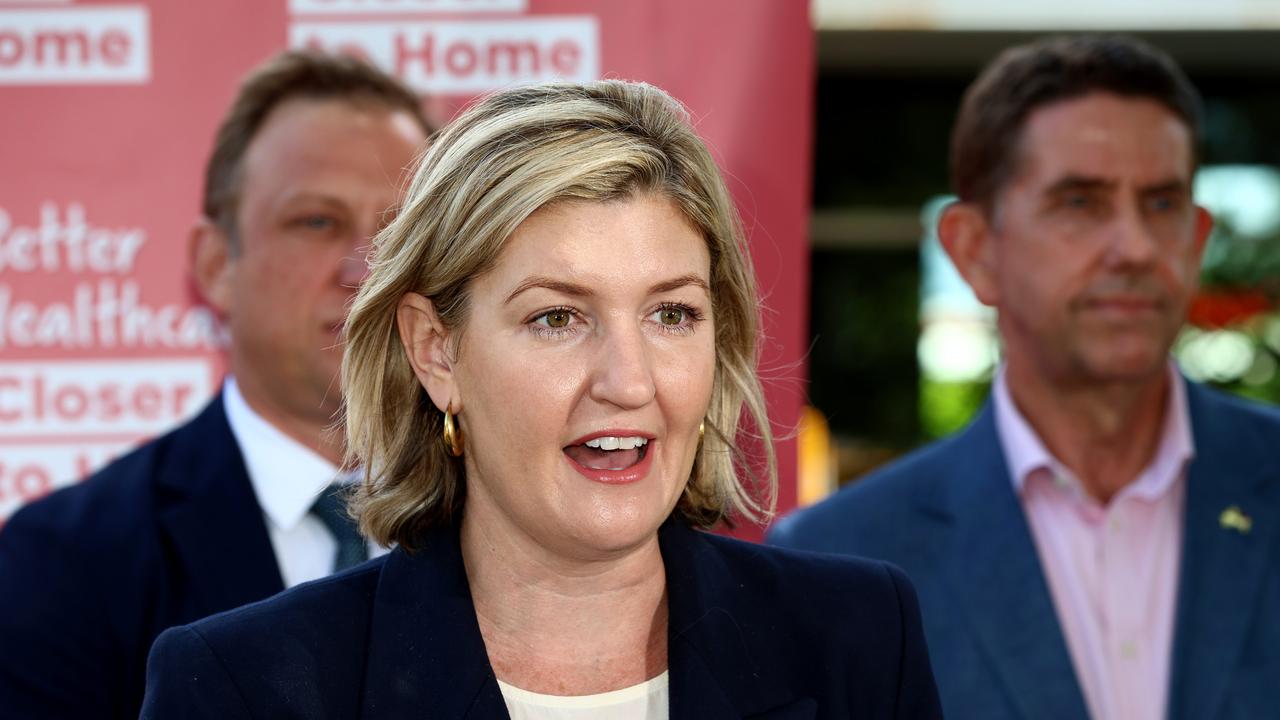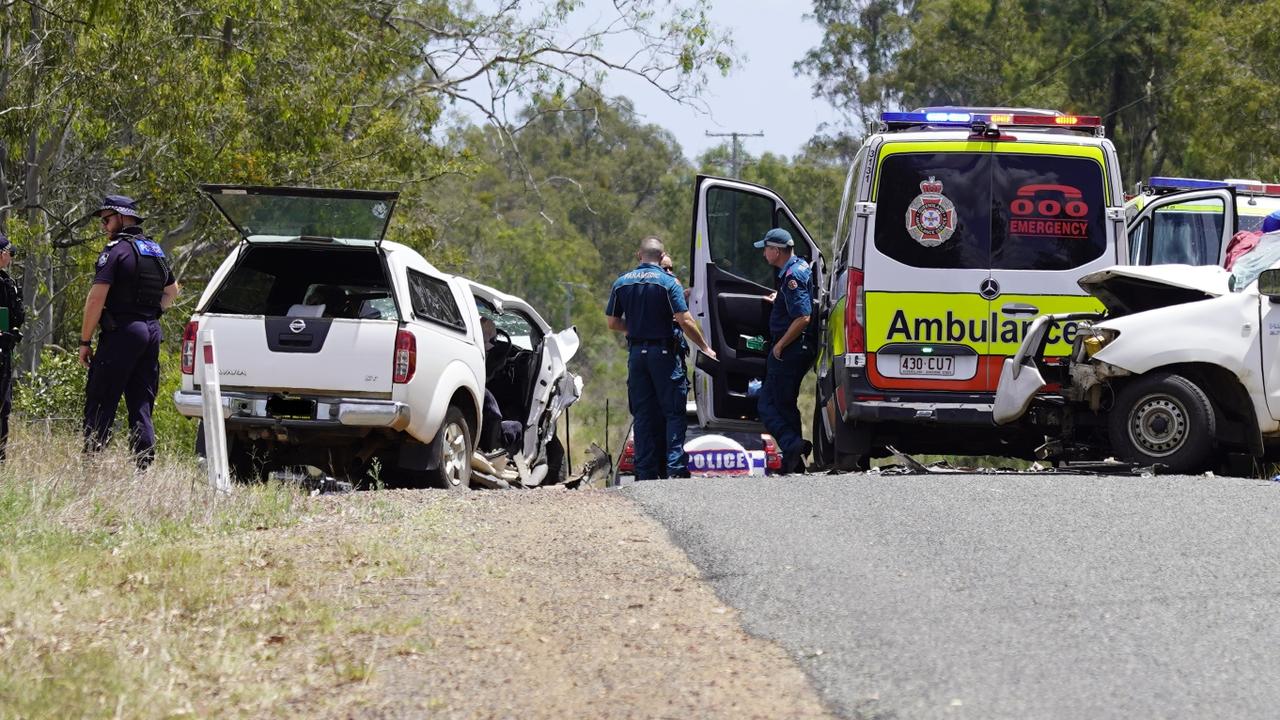Show us the money: Farmers call for clarity on council’s ‘news’ site
Rates have been an issue of contention for a consortium of local farmers since council released its 2020 budget and the group’s fight appears far from over.
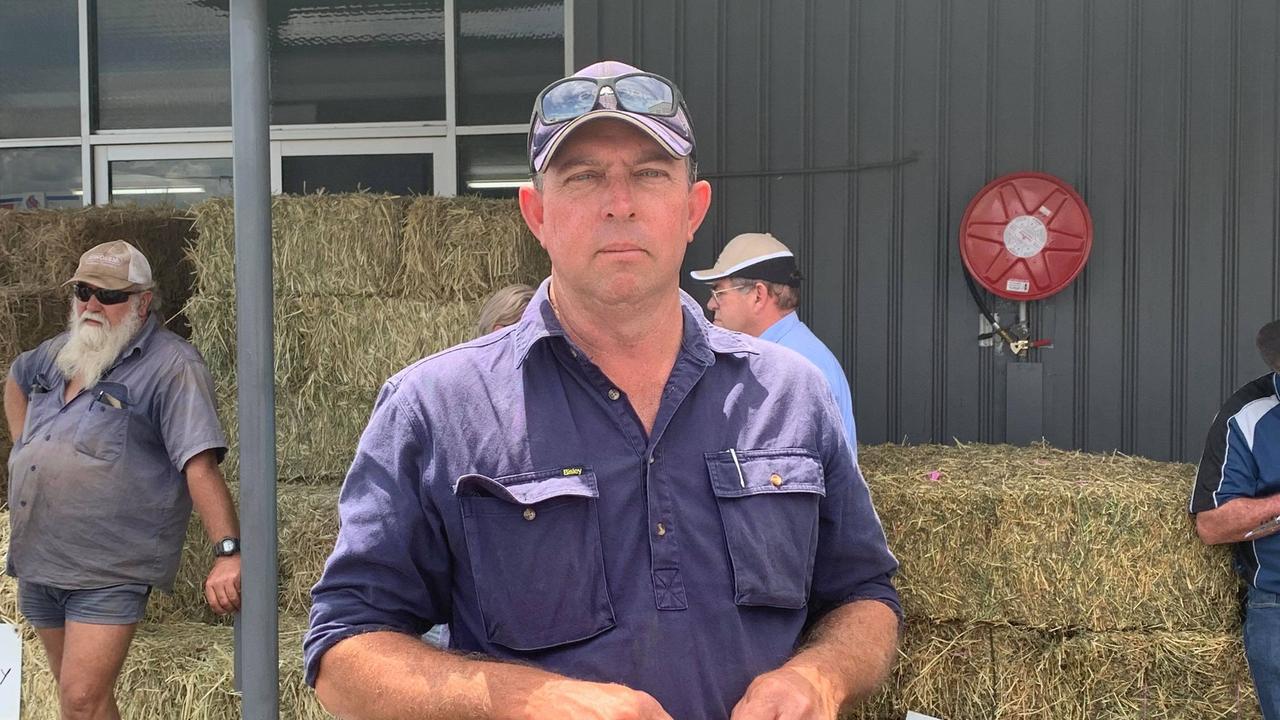
Bundaberg
Don't miss out on the headlines from Bundaberg. Followed categories will be added to My News.
A consortium of local farmers has questioned Bundaberg Regional Council (BRC) over the amount of money being spent on its ratepayer-funded website Bundaberg Now after imposing a rates increase on them.
The rise has been an issue of contention since council released its 2020 budget and the fight appears far from over.
Following the farmers' rates rise the group believes all ratepayers deserve more transparency around expenditure on council's "media machine".
BRC meanwhile has not provided a figure on Bundaberg Now's operational costs but claimed its approach was "saving money".
Since launching in 2019 Bundaberg Now has faced backlash from various sectors of the community that questioned conflict of interest concerns and the council's motives.
ABC Wide Bay, Media Watch and the NewsMail previously reported on the issue in 2019 and in recent weeks Bundaberg Today has also published stories demanding more transparency.
According to the 20/21 council budget general costs for employee benefits, materials and services which includes communications, were forecast at $142 million however the cost for Bundaberg Now was not specified.
Alongside the Bundaberg Now website a digital magazine, podcast channel and social media profiles have also been developed.
Agforce's Tom Marland, speaking on behalf of the consortium of farmers, said he believed ratepayers deserved more transparency around the site's operational costs.
"We call on Mayor Jack Dempsey and his councillors to show us the money - the community must be confident of transparency in spending of ratepayer dollars," Mr Marland said.
"When the Mayor is gouging millions in extra rates payments from farmers with one hand and pouring millions into a council-run media machine with the other, it's time to say enough is enough.
"The millions being poured into a Bundaberg Regional Council media machine would seem to be close to dollar-to-dollar to those being snatched from the Bundaberg farmers in the 2020 budget.
"Those same producers who are putting food on tables during COVID-19 while also battling a lack of water security due to the Paradise Dam debacle and labour shortages."
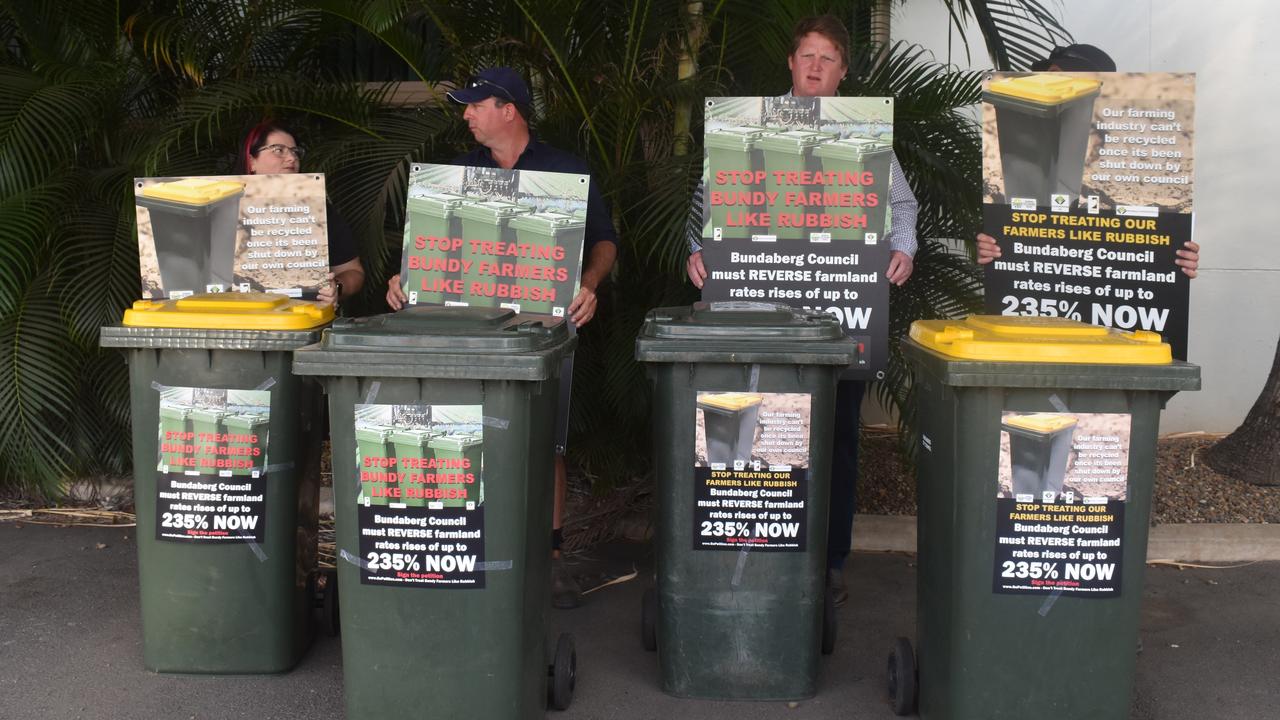
The NewsMail asked council to clarify the total costs associated specifically with Bundaberg Now but a figure was not provided.
Bundaberg Regional Council's chief executive officer Steve Johnston said "Bundaberg Now doesn't have a budget because the cost of setting up and running a website is negligible - it's a communications tool like Facebook, Instagram and YouTube."
"It saves ratepayers money for Council to use Bundaberg Now instead of advertising in commercial media or printing newsletters.
"The communications unit existed in broadly its current form before Bundaberg Now was established."
Despite an active presence of a number of local media outlets at the time and currently, Mr Johnston said Bundaberg Now was established in January 2019 in response to the "decline and fragmentation of media."
He said Bundaberg Now was made available to local businesses and community organisations to share their news and information.
"Since its launch Bundaberg Now has helped to highlight hundreds of local businesses, community groups and community events."
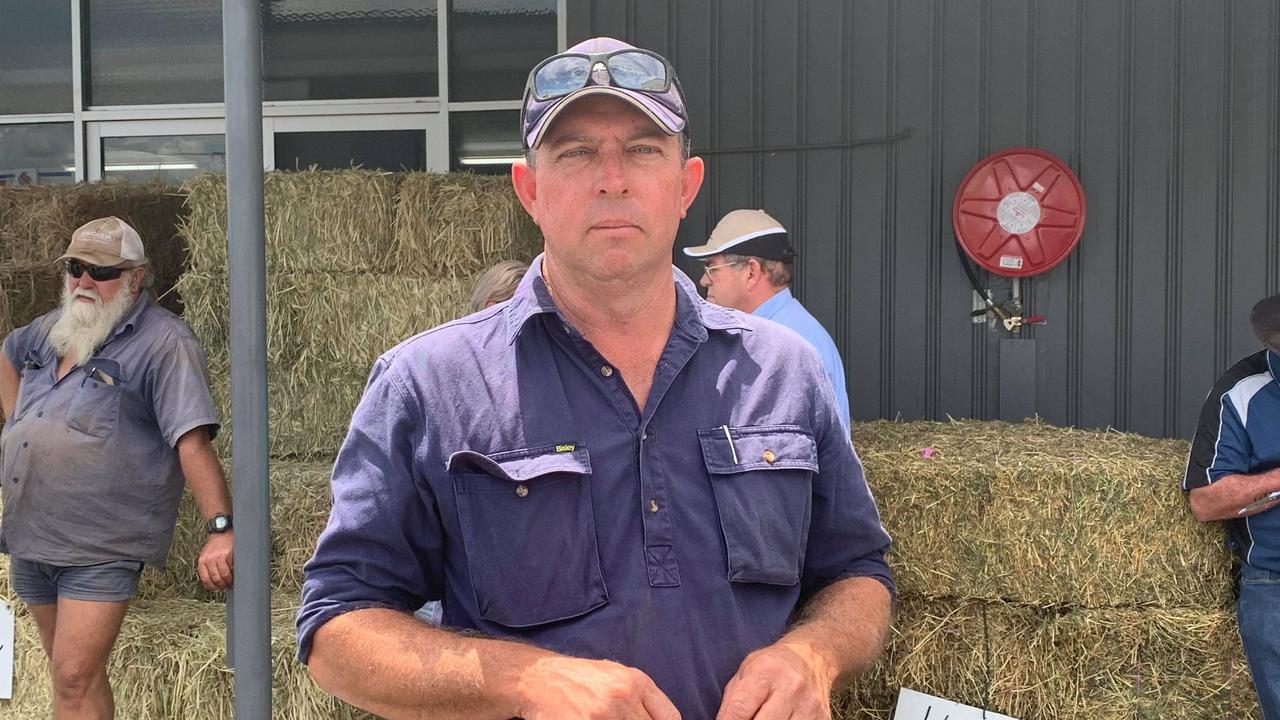
Mr Johnston said 50 council-owned businesses including the Moncrieff Entertainment Centre, Regional Art Galleries, parks, gardens and zoos among others require the promotion.
He said that of the 13 staff members on the communications department, one to three worked on the Bundaberg Now site at a time.
"Only one to three of the 13 staff are working on Bundaberg Now at any given time - the others work in graphic design, internal communications, media liaison, corporate website management, marketing and corporate social media," Mr Johnston said.
"Council has saved money by consolidating advertising and marketing into a central hub and achieving best value by not outsourcing graphic design and video production.
"Many large organisations operate their own news platforms including sporting codes and universities … the difference with Bundaberg Now is that Council has made it available for community use."
Mr Johnston said prior to launching Bundaberg Now, council provided a community consultation on Council's corporate plan.
He said this consultation included "high community engagement with social media platforms, council websites" and "innovative utilisation of data and technology to encourage community engagement."
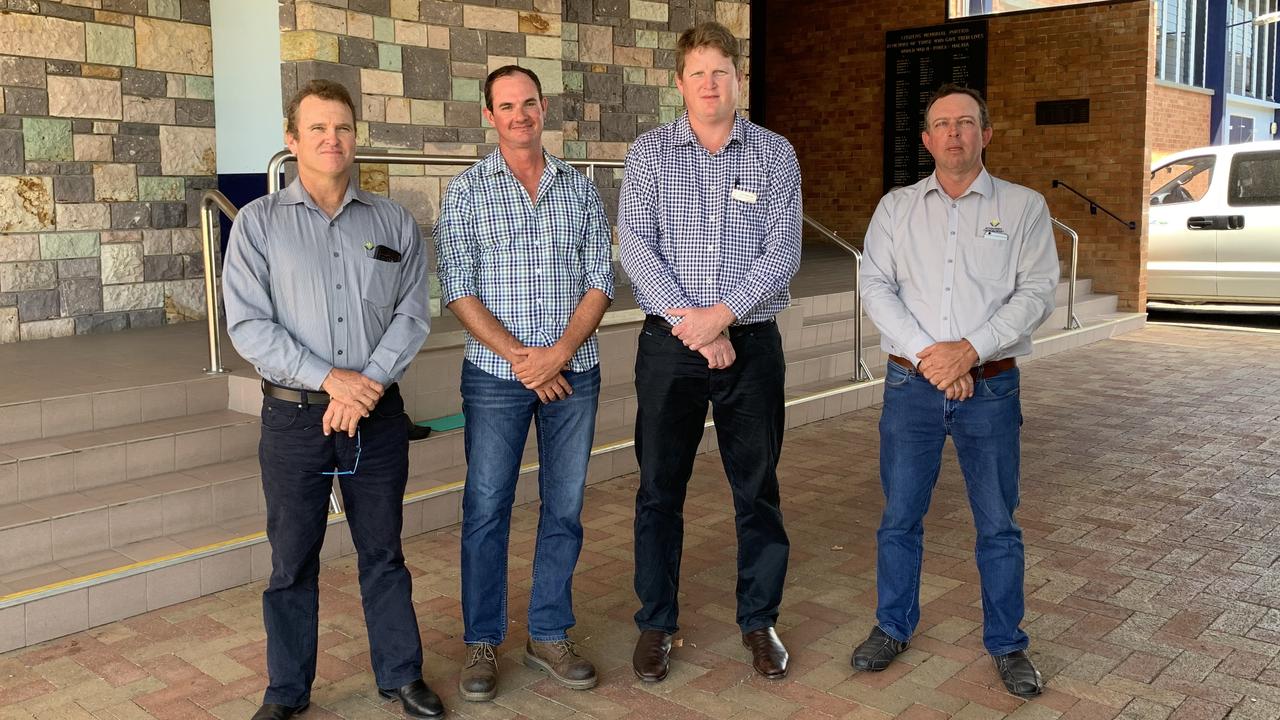
Bundaberg Canegrowers director Dean Cayley said the rates increase affected more than 200 of the region's farmers and would not only have a negative impact on farmers themselves but on local businesses and the economy too.
"Farmers are here for all in our community - we put food on tables, support tens of thousands of local jobs and are a pillar of the local and statewide economy," Mr Cayley said.
"Bundaberg's economy is based on agribusiness and ripping a further $2.4 million from it in one rates round with the compounding effect of following rates notices over the coming years is gouging a massive hole in the local economy."
Mr Cayley said of the rate rises 64 local farmers experienced a 90% increase, 125 saw their rates rise by 80% while 167 received a 70% increase.
Additionally 252 farmers incurred a rise of 60%, 318 saw a 50% increase and one farming operation felt the brunt of a 235% rise.
"It's a disaster and farmers are getting increasingly concerned as each new council rates cycle compounds the massive rate rises," Mr Cayley said.
"These millions provided in rates by farmers cannot be spent locally at businesses, which are already struggling."
Last year farmers launched a petition demanding the council agree to not increase any rates in the region by more than the Consumer Price Index - a rule they said most local governments have adhered to.
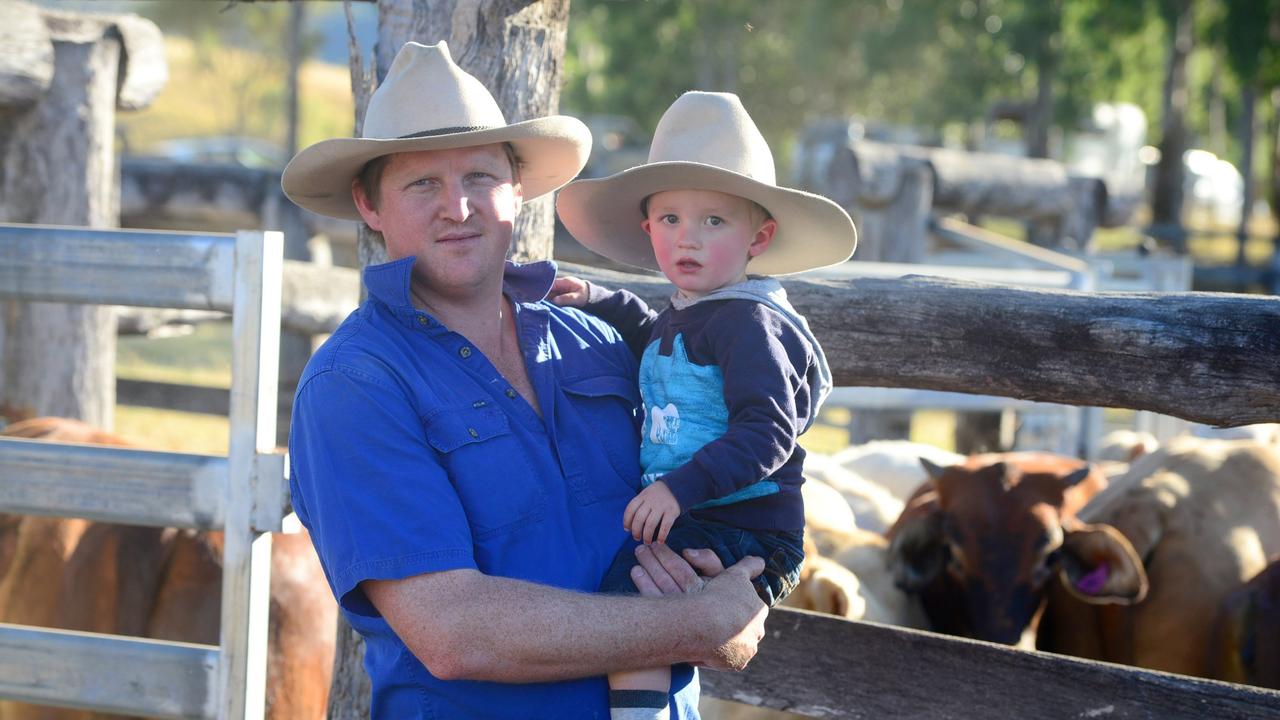
But Mr Johnston said the council made the decision due to a spike in valuation increases in the agricultural sector.
"The rate increase in the agricultural category was because of an average 46% valuation increase," Mr Johnston said.
"The alternative would have been for mum and dad residential ratepayers, pensioners and small business owners to pay more instead."
AgForce, Bundaberg Fruit and Vegetable Growers, Bundaberg Canegrowers and Canegrowers Isis then formed a consortium to fight the increase further.
"The council's unrealistic and highly damaging rates grab on farmers is pushing local producers to the wall and off the land," Mr Cayley said.
"And all this while the Mayor and his councillors use our ratepayers' money to pay for a 13-strong media team to run their own Bundaberg Regional Council so-called 'news' operation - it has to stop."
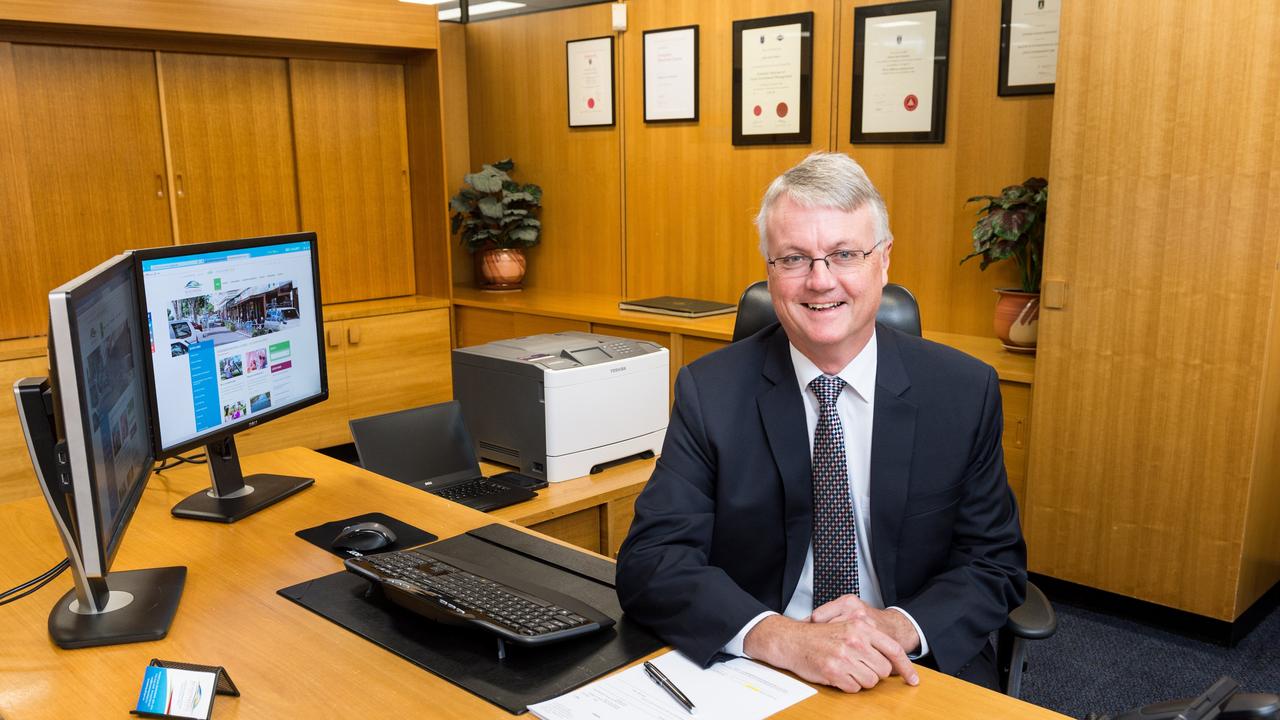
More stories:





